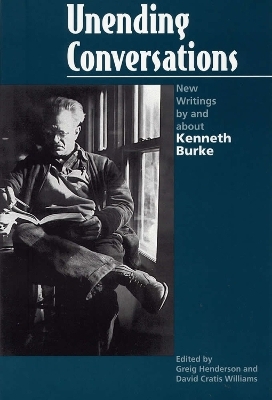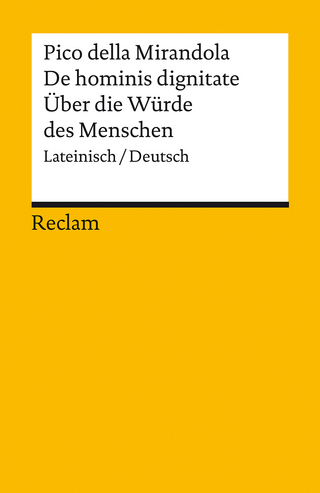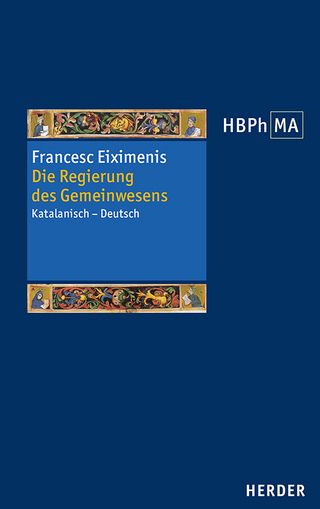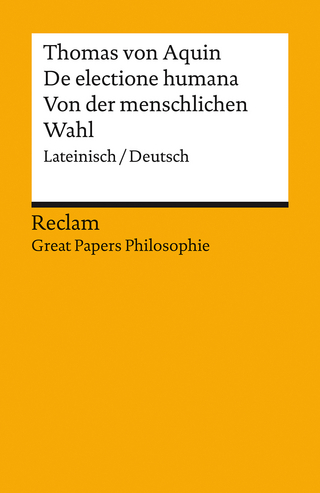
Unending Conversations
New Writings by and About Kenneth Burke
Seiten
2001
Southern Illinois University Press (Verlag)
978-0-8093-2353-1 (ISBN)
Southern Illinois University Press (Verlag)
978-0-8093-2353-1 (ISBN)
A collection of writings by and about Kenneth Burke. It includes portions of Burke's work toward the never-completed volume, ""A Symbolic of Motives"", plus essays by such Burkean luminaries as Wayne C. Booth, William H. Rueckert, Robert Wess, Thomas Carmichael and Michael Feehan.
Previously unpublished writings by and about Kenneth Burke plus essays by such Burkean luminaries as Wayne C. Booth, William H. Rueckert, Robert Wess, Thomas Carmichael, and Michael Feehan make the publication of Unending Conversations a significant event in the field of Burke studies and in the wider field of literary criticism and theory. Editors Greig Henderson and David Cratis Williams have divided their material into three parts: ""Dialectics of Expression, Communication, and Transcendence,""""Criticism, Symbolicity, and Tropology,"" and ""Transcendence and the Theological Motive."" In the first part, Williams's textual introduction and Rueckert's essay analyze the genesis and composition of Burke's A Symbolic of Motives and Poetics, Dramatistically Considered. Henderson opens part two by showing how these two essays' concerns with literary form hearken back to Burke's first book of criticism, Counter-Statement. Thomas Carmichael discusses Burke's relationship to thinkers such as Paul de Man, Jacques Derrida, Stanley Fish, Fredric Jameson, Jean-Francois Lyotard, and Richard Rorty. Wess analyzes the relation between Burke's dramatistic pentad of act, agent, scene, agency, and purpose and his four master tropes - metaphor, metonymy, synecdoche, and irony. In the third part, Booth mines his unpublished correspondence with Burke to demonstrate that Burke is a coy theologian. Michael Feehan discusses Burke's revelation in a 1983 interview that rather than rebounding from a naive kind of Marxism in Permanence and Change, he was rebounding from what he had ""learned as a Christian Scientist.
Previously unpublished writings by and about Kenneth Burke plus essays by such Burkean luminaries as Wayne C. Booth, William H. Rueckert, Robert Wess, Thomas Carmichael, and Michael Feehan make the publication of Unending Conversations a significant event in the field of Burke studies and in the wider field of literary criticism and theory. Editors Greig Henderson and David Cratis Williams have divided their material into three parts: ""Dialectics of Expression, Communication, and Transcendence,""""Criticism, Symbolicity, and Tropology,"" and ""Transcendence and the Theological Motive."" In the first part, Williams's textual introduction and Rueckert's essay analyze the genesis and composition of Burke's A Symbolic of Motives and Poetics, Dramatistically Considered. Henderson opens part two by showing how these two essays' concerns with literary form hearken back to Burke's first book of criticism, Counter-Statement. Thomas Carmichael discusses Burke's relationship to thinkers such as Paul de Man, Jacques Derrida, Stanley Fish, Fredric Jameson, Jean-Francois Lyotard, and Richard Rorty. Wess analyzes the relation between Burke's dramatistic pentad of act, agent, scene, agency, and purpose and his four master tropes - metaphor, metonymy, synecdoche, and irony. In the third part, Booth mines his unpublished correspondence with Burke to demonstrate that Burke is a coy theologian. Michael Feehan discusses Burke's revelation in a 1983 interview that rather than rebounding from a naive kind of Marxism in Permanence and Change, he was rebounding from what he had ""learned as a Christian Scientist.
Greig Henderson is an associate professor in the Department of English at the University of Toronto. President of the Kenneth Burke Society, he is the author of Kenneth Burke: Literature and Language as Symbolic Action. David Cratis Williams is an assistant professor of speech communication in the Department of Philosophy and the Liberal Arts at the University of Missouri, Rolla. He edited Argumentation Theory and the Rhetoric of Assent and The Cratis Williams Chronicles: I Come to Boone.
| Erscheint lt. Verlag | 31.1.2001 |
|---|---|
| Reihe/Serie | Rhetorical Philosophy & Theory |
| Zusatzinfo | pbk. |
| Verlagsort | Carbondale |
| Sprache | englisch |
| Gewicht | 390 g |
| Themenwelt | Geisteswissenschaften ► Philosophie ► Philosophie des Mittelalters |
| Geisteswissenschaften ► Sprach- / Literaturwissenschaft ► Anglistik / Amerikanistik | |
| Geisteswissenschaften ► Sprach- / Literaturwissenschaft ► Literaturwissenschaft | |
| Geisteswissenschaften ► Sprach- / Literaturwissenschaft ► Sprachwissenschaft | |
| ISBN-10 | 0-8093-2353-2 / 0809323532 |
| ISBN-13 | 978-0-8093-2353-1 / 9780809323531 |
| Zustand | Neuware |
| Informationen gemäß Produktsicherheitsverordnung (GPSR) | |
| Haben Sie eine Frage zum Produkt? |
Mehr entdecken
aus dem Bereich
aus dem Bereich
von der menschlichen Wahl
Buch | Softcover (2024)
Phillip Reclam (Verlag)
7,40 €


